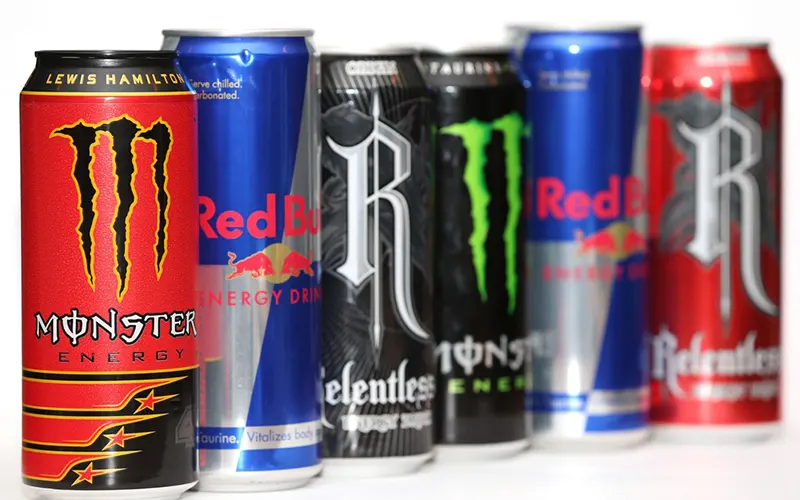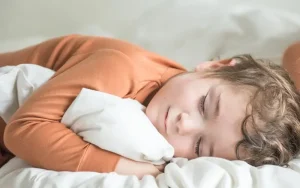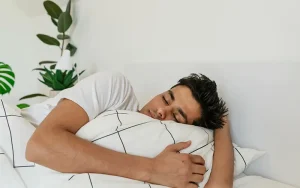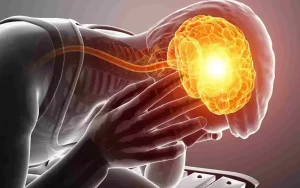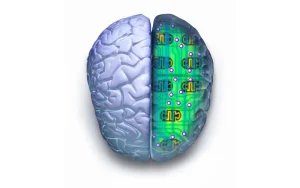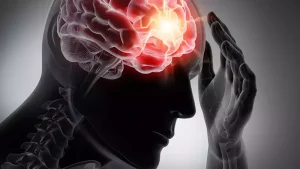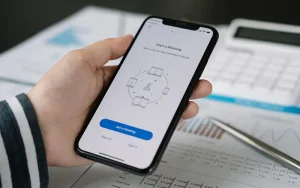Consuming energy drinks is connected to inadequate sleep quality and insomnia in college students, as revealed by a substantial Norwegian study published in the open-access journal BMJ Open.
The more frequently students consumed energy drinks, the fewer hours of nightly sleep they achieved, according to the findings. Even occasional consumption, ranging from 1 to 3 times a month, was associated with an increased risk of disrupted sleep.
Researchers highlight that energy drinks typically contain 150 mg of caffeine per liter, along with varying amounts of sugar, vitamins, minerals, and amino acids. Marketed as cognitive and physical boosters, these beverages are popular among college students and the youth.
Although there is evidence suggesting a negative impact on sleep quality, the specific aspects of sleep affected and whether there are sex-specific differences remain unclear.
To delve deeper into these aspects, the researchers utilized data from 53,266 participants aged 18 to 35 in the Students’ Health and Well-being Study (SHOT22 study), the latest wave of a comprehensive national survey of college and university students in Norway.
The students were queried about their energy drink consumption frequency, with response choices including daily, weekly (once, 2–3 times, 4–6 times), monthly (1–3 times), and seldom/never.
Detailed inquiries were made about the participants’ typical sleep routines, encompassing bedtime and wake-up times, sleep latency (the time it takes to fall asleep), wakefulness after falling asleep, and the calculation of sleep efficiency based on total nightly sleep hours compared to time spent in bed.
Insomnia was defined as facing challenges in falling and staying asleep, along with early morning awakening on at least three nights per week. Additionally, participants had to experience daytime sleepiness and tiredness for a minimum of three days per week, persisting for at least three months.
The survey findings revealed distinct gender variations in energy drink consumption patterns. Notably, women were more prone than men to report infrequent or nonexistent consumption of energy drinks, with percentages of 50% and 40%, respectively.
Among those who acknowledged consuming these beverages, 5.5% of women reported a frequency of 4–6 times a week, and just over 3% reported daily consumption. In comparison, the corresponding figures for men were 8% and 5%, respectively.
A clear correlation emerged for both genders between energy drink intake and reduced sleep duration. Individuals, regardless of gender, who reported daily consumption experienced approximately half an hour less sleep compared to those who reported occasional or no consumption. Similar associations were noted for increased wakefulness after falling asleep and prolonged sleep onset.
Furthermore, heightened consumption was linked to an increase in both nocturnal wake time and the time required to fall asleep, indicating diminished sleep efficiency.
Insomnia was more prevalent among both women and men who reported daily energy drink consumption compared to those reporting occasional or no consumption: 51% versus 33% for women and 37% versus 22% for men.
In general, increased consumption of energy drinks was linked to a growing risk of sleep-related issues across all examined aspects, with the most notable associations found for insufficient sleep duration.
In comparison to those who reported no or occasional energy drink consumption, men who reported daily consumption were more than twice as likely to indicate sleeping fewer than six hours per night, while women had an 87% higher likelihood of doing so.
However, even individuals reporting consuming energy drinks just 1–3 times a month were still at an elevated risk of experiencing sleep problems.
It’s essential to note that this study is observational, and therefore, no definitive conclusions can be drawn regarding causation. The researchers acknowledge the possibility of reverse causality, where energy drink consumption may result from poor sleep rather than the other way around, potentially explaining the observed associations.
The study lacks information on the timing and precise quantities of consumption, relying on self-assessment rather than objective measures of consumption and sleep patterns.
Nevertheless, the researchers conclude, “The results from the current study show that there is a robust association between the frequency of [energy drink] consumption and the different sleep parameters. Identifying modifiable risk factors for sleep problems among college and university students is vital, and our results suggest that the frequency of …consumption could be a possible target for interventions.”

